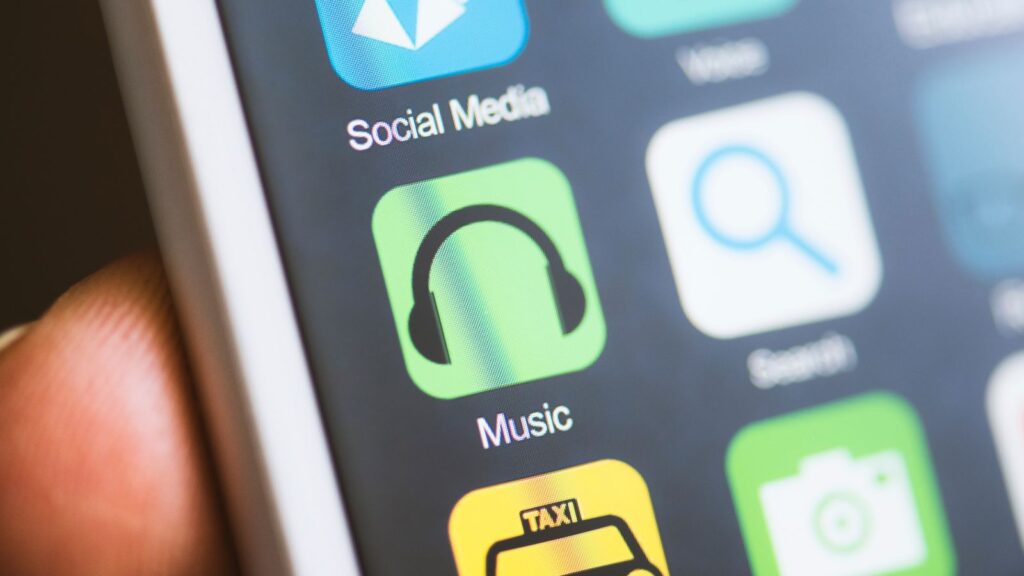Imagine being put on hold during a call and instead of the usual annoying beep, you’re met with soothing, engaging music. It’s a game-changer, isn’t it? This is the power of On Hold Music for Business. It’s not just about filling the silence on gaming platform; it’s about enhancing customer experience and promoting your brand.
In the business world, every detail matters, and on hold music is no exception. It’s an often overlooked yet potent tool for businesses. Let’s delve into the significance, benefits, and best practices of using on hold music in your business. Buckle up for an enlightening journey into the world of melodies that can transform mere waiting into a memorable experience for your customers.
On Hold Music for Business
On hold music plays a crucial role in enhancing a business’s customer service experience. It serves as a contact point between the company and its clients, making each phone call more palatable by filling in silent gaps. Every moment a customer spends on hold is an opportunity. Companies seize this time to engage, inform, and make an impression on the caller.
Firstly, it helps in reducing call abandonment rates. Silence or repetitive beeps can make minutes seem like an eternity, leading to impatience and frustration. On hold music breaks this silence, providing relief to waiting callers.
Secondly, on hold music adds to brand recognition. Custom on hold music with a captivating melody and relevant lyrical content carries a brand’s identity. For instance, a fitness centre might play up-tempo music to compliment its high-energy environment.
Finally, it assists in conveying helpful information and promotions to the callers. Interspersing promotional messages or interesting facts about the company in between the music entertains and educates the caller simultaneously. For example, a dental office might share dental health tips, or a restaurant might share special offers during this time.

Different Types of On Hold Music for Business
An array of impactful on hold music options exists for businesses, each type uniquely designed to invoke specific feelings in callers. These types include classical music, jazz, acoustic, modern pop, instrumental and custom-created music.
Classical music, characterised by the melodious harmonies of orchestras and choirs, often instils an atmosphere of professionalism and reliability. Businesses such as law firms, independent contractors, and luxury brands regularly opt for these timeless melodies to create a refined caller experience.
Jazz, marked by complex instrumentals and rhythmic innovation, enhances the feelings of spontaneity and creativity. Art galleries, marketing agencies, and tech companies often favour jazz, striving for a vibrant and playful calling ambiance.
Acoustic music, a blend of soothing guitar strums and soft piano notes, emits serenity and authenticity. This genre suits businesses including wellness centres, cafes, and boutiques aiming for a warm, comforting atmosphere.
Modern pop, laced with catchy beats and trendy lyrics, injects energy and freshness into callers’ experience. Retail companies, restaurants, and youth-centric product businesses generally opt for modern pop music, aiming for a lively and upbeat connection with customers.
Instrumental renditions, whether classical, jazz, folk, pop, or any genre devoid of lyrics, provide a universal and neutral palate of sound. Diverse businesses adopt instrumentals, ensuring customers focus on their message without getting sidetracked by song lyrics.

The Psychology Behind On Hold Music Choice
In successfully selecting on hold music, a deep understanding of its psychological impact plays a critical role. This understanding influences the caller’s mood, perception, and overall experience with the business.
At the crux of on hold music selection lies the concept of musical preference. Varied musical types elicit different emotions in callers. By aligning these emotions with a company’s brand image, businesses can craft a harmonious user experience. For instance, classical music, often associated with tranquillity and sophistication, might be the choice for businesses aiming to portray an aura of professionalism.
Music also aids in the retention of information. Studies show that catchy tunes, when combined with marketing messages, are more easily remembered – a powerful tool for businesses to increase product recall.
Furthermore, the volume and tempo of the music play a significant part in influencing a customer’s perception of waiting time. For instance, slower-tempo music or low volumes can make the wait seem lesser than it actually is.

